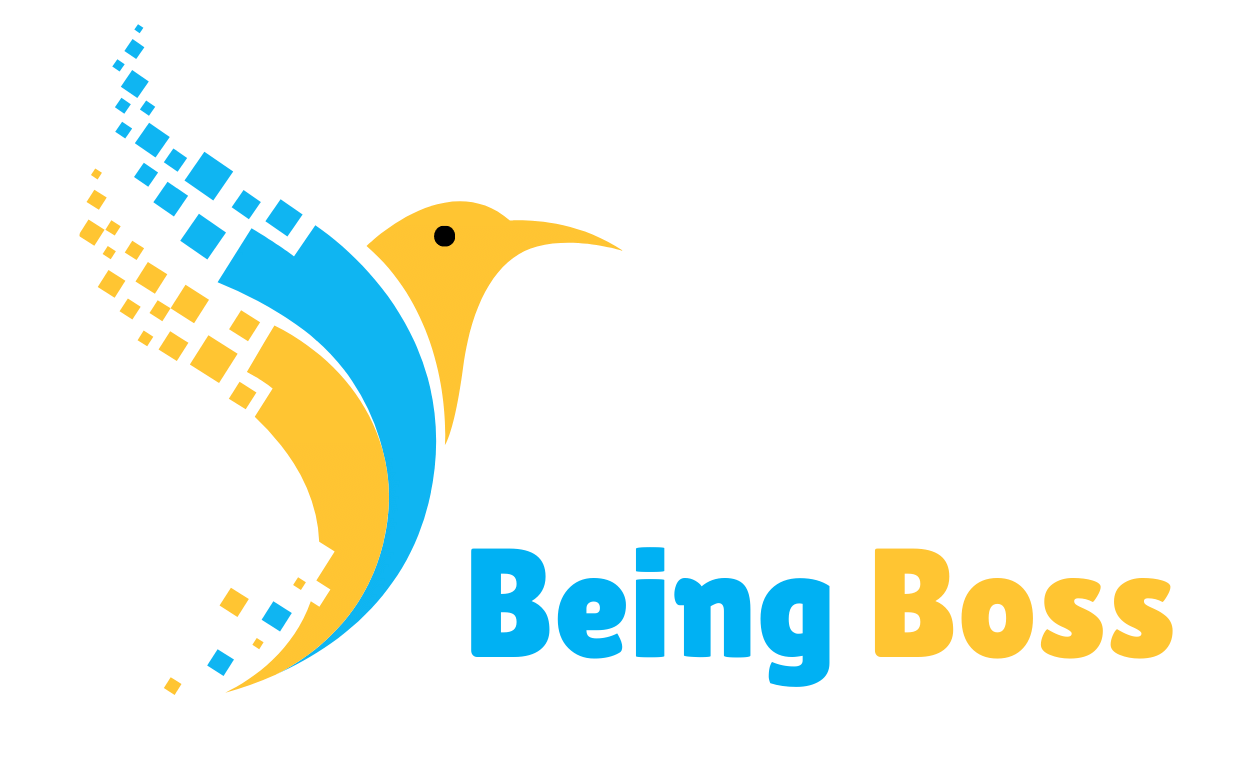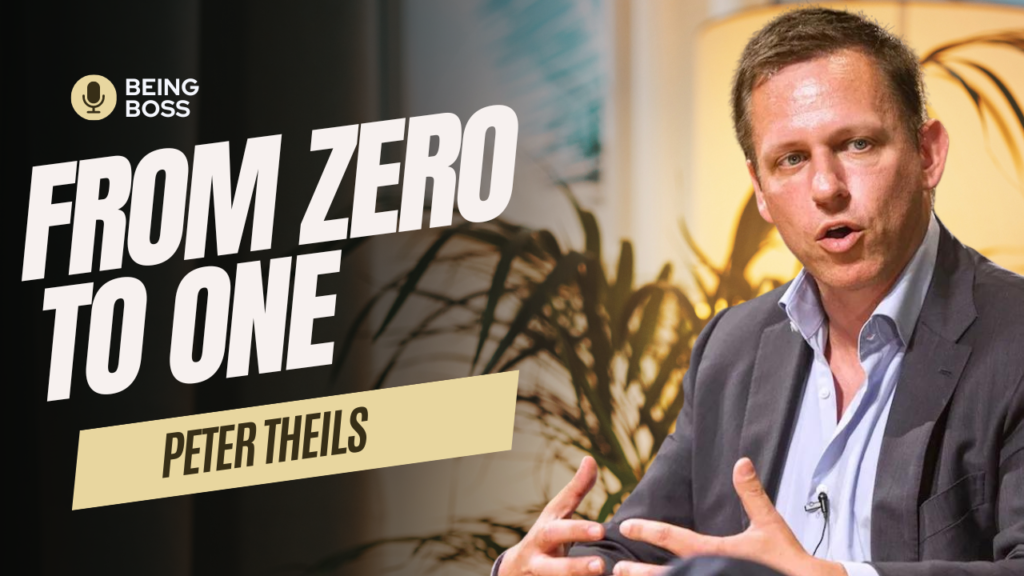Peter Thiel’s Blueprint for Disruptive Success | Motivation The book “From Zero to One” by Peter Thiel is a game-changer for any businessperson hoping to produce something genuinely novel. Thiel’s book disproves a lot of accepted notions about what it takes to be a successful business owner and offers insightful information about the mindset and tactics employed by prosperous businesspeople.
Table of Contents
Peter Thiel Synopsis:
Peter Thiel’s Blueprint for Disruptive Success | Motivation Entrepreneur, venture capitalist, and political activist Peter Thiel is German-American.He was the first outside investor in Facebook and a co-founder of PayPal, Palantir Technologies, and Founders Fund.Thiel placed 213th on the Bloomberg Billionaires Index as of June 2023, with an estimated net worth of $9.7 billion.He was employed by Credit Suisse as a derivatives trader, Sullivan & Cromwell as a securities lawyer, and William Bennett, the former U.S. Secretary of Education, as a speechwriter. In 1996, he established Thiel Capital Management. Along with Max Levchin and Luke Nosek, he co-founded PayPal in 1998, and he led the company as CEO until eBay acquired it for $1.5 billion in 2002.
PayPal:
Peter Thiel’s Blueprint for Disruptive Success | Motivation Peter Thiel, a cofounder of PayPal, is still a general partner at Founders Fund, a venture capital firm, where he advises the firm on major investments and participates in firm strategy.Stripe and SpaceX, two of the most valued unicorns in the world, are among its investments.In 2020, Palantir, a big data business financed by the CIA, went public through a direct listing, which he also cofounded.
The first significant investor in Facebook, Thiel, sold the majority of his shares after quitting the board in 2022.A select group of young entrepreneurs receive $100,000 over two years from his Thiel Foundation in order to forgo college and launch their own business.Early in 2018, Thiel moved from San Francisco to Los Angeles after labeling Silicon Valley as a “one-party state.”
PayPal eliminates the burden of currency conversion, allowing you to pay for your favorite items at millions of online retailers in the United States and 203 other countries. Therefore, tracking your expenditure is as simple as actually spending it. PayPal offers one-time purchases as well as a quicker and easier option to pay for all of your monthly subscriptions and invoices.
Zero to One:
A unique paradigm for assessing human attitudes about the future is presented by investor and entrepreneur Peter Thiel in his seminal book “Zero to One.” The four separate mindsets that he classifies these attitudes into are Deterministic Pessimism, Probabilistic Optimism, Probabilistic Pessimism, and Deterministic Optimism. Every one of these mindsets influences people’s viewpoints and has a significant impact on innovation and business strategies.
“Brilliant thinking is rare, but courage is in even shorter supply than genius.”
Probabilistic Pessimism:
Peter Thiel’s Blueprint for Disruptive Success | Motivation Anticipating a Poorer Future, The probabilistic pessimist believes that there is greater likelihood of bad outcomes than good ones in the future, and that it is an uncertain place. This kind of thinking is frequently distinguished by an emphasis on risk management and a propensity to avoid failure in favor of success. Probabilistic pessimists may be hesitant to innovate or make new investments in the business sphere because they believe the risks will outweigh the possible returns.
Optimism based on probabilities:
Hope amidst uncertainty On the other hand, the probabilistic optimist perceives a world full of possibilities despite the uncertainty surrounding the future. Hope and the conviction that positive outcomes are more likely, if not certain, are the driving forces behind this way of thinking. Change and innovation are frequently spearheaded by probabilistic optimists who are prepared to take calculated chances in the hopes of reaping large rewards.
Deterministic Optimism:
Creating a More Certain and Brighter Future Deterministic optimists, on the other hand, are certain that things will become better in the future and think they can influence it. This kind of thinking encourages proactive attempts to mold the future, which frequently lead to ground-breaking discoveries and game-changing corporate concepts. Leaders and visionaries, deterministic optimists propel development with their unshakeable faith in a bright future.
Deterministic Pessimism:
The Presumption of a Declining Curve Deterministic pessimists think that things will turn out badly and predictably in the future. This kind of thinking can breed defeatism, making people or organizations feel as though there’s no use in attempting to alter what they see to be unavoidably bad results. Growth and innovation can be inhibited by this mentality when attempts to progress or develop are viewed as pointless.
Silicon Valley’s Monoply :
Billionaire investor Peter Thiel has suggested that Silicon Valley’s monopoly on large-scale technology companies has ended.Peter Thiel is a prominent entrepreneur and investor who began his career in Silicon Valley. He founded and took PayPal public, was an early investor in Facebook and Airbnb, and later founded Palantir Technologies. But now the billionaire claims that Silicon Valley’s stranglehold on technology firm growth is ended.
“I have been investing in the technology space — entrepreneur and investor over the past 20 years in Silicon Valley — and within the area of IT, it has for the last 10, 15 years in the US and the world been extremely centered on Silicon Valley,” Thiel says, speaking at the Future Investment Initiative in Riyadh, Saudi Arabia, Thursday.”I believe there are many reasons for this, but the question is, ‘Where will the growth occur over the next ten years?'” And I believe it will be more diverse than just Silicon Valley.
The concentration of global technology companies in a single geographic region in California has been a unique aspect of the industry.
“Monopoly is the condition of every successful business.”
Zero To One Best Quotes:
“A valuable business must start by finding a niche and dominating a small market.”
“The most valuable businesses of coming decades will be built by entrepreneurs who seek to empower people rather than try to make them obsolete.”
“The best thing I did as a manager at PayPal was to make every person in the company responsible for doing just one thing. Every employee’s one thing was unique, and everyone knew I would evaluate him only on that one thing.”
Buisness Related Quotes:
“There are exactly 2 kinds of businesses in this world. Businesses that are perfectly competitive and businesses that are monopolies.”
“If you’re the founder…entrepreneur starting a company, you always want to aim for monopoly and you always want to avoid competition”
“If you’re a non-monopolist, you will rhetorically describe your market as super small, you’re the only person in that market.”
“All unhappy companies are alike, because they fail to escape the essential sameness which is competition”
“The thing about network effects is that they are often very hard to get started.”
“Don’t always go through the tiny little door that everyone is trying to rush through…”


One Response